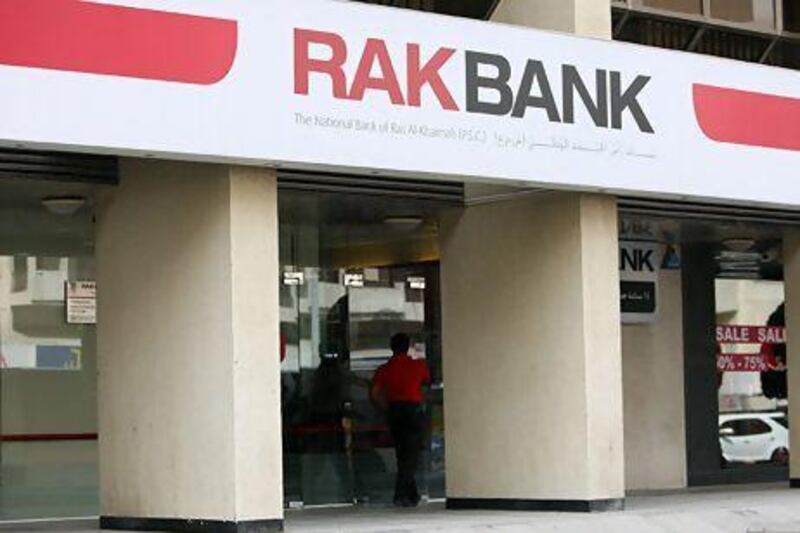Banks and financial services companies with US customers or investments in the United States are gearing up to comply with tax rules that come into force from the end of the year. From that date they will have to start identifying American citizens who hold investments in non-US accounts or non-US entities.
Failure to do so could result in a "withholding tax" of 30 per cent on a firm's US transactions as well as the risk of withdrawal of US dollar clearing rights. "The Foreign Account Tax Compliance Act [Fatca] will have a huge impact on businesses in the UAE, whether they are part US-owned or simply do business in the US, Fatca rules must be followed," said Peter Somekh, the Dubai office managing partner at DLA Piper Middle East, the law firm.
"Severe consequences will be faced by those who fail to comply in time and we are working closely with clients across the region to iron out any potential hurdles, well ahead of the deadline."
Conceived by US authorities in the wake of the global financial crisis, Fatca aims to crack down on Americans hiding income and assets overseas. US congressional analysts estimate the regulations will net US$8.7 billion for the government over the next 10 years. But the cost of compliance for banks around the world through technology and administration upgrades is estimated to be far higher.
Uncertainty also still exists about the UAE Government's response to Fatca. To date, 85 countries have signed intergovernmental agreements with Washington, whereby they will oversee the compliance of financial firms on behalf of US authorities. Sultan Al Suwaidi, the UAE Central Bank Governor, said in March the Government was considering signing such a deal with the US authorities. Without such an agreement, the burden will fall on financial firms to communicate directly with the US Internal Revenue Service. Such a predicament would place financial firms in a "difficult" position, said Gerald Francese, a partner at DLA Piper's New York office, during a seminar on the topic yesterday. Roberta Calarese,the chief legal officer at DIFC Authority, said complying with Fatca would add further to the UAE's track record of showing a commitment to the local and international financial community in security and transparency. "Implementation of Fatca will help to level the playing field to make the DIFC and the UAE a more competitive and open market for financial services," she said.
Banks have already taken steps to move towards compliance with Fatca. RAKBank, for example, warned its US customers in a letter in September that it was reviewing all of its compliance procedures.
Under the regulation, banks will have to disclose the name, address and taxpayer identification number of each US account holder; the account number; account balance and value; the account's gross receipts and gross withdrawals or payments.
"American and Emirati companies operating in the US as well as their employees with financial assets abroad must be well informed about new regulations like Fatca and the impact these regulations have on how they report their earnings," said Danny Sebright, the president of the US-UAE Business Council.





